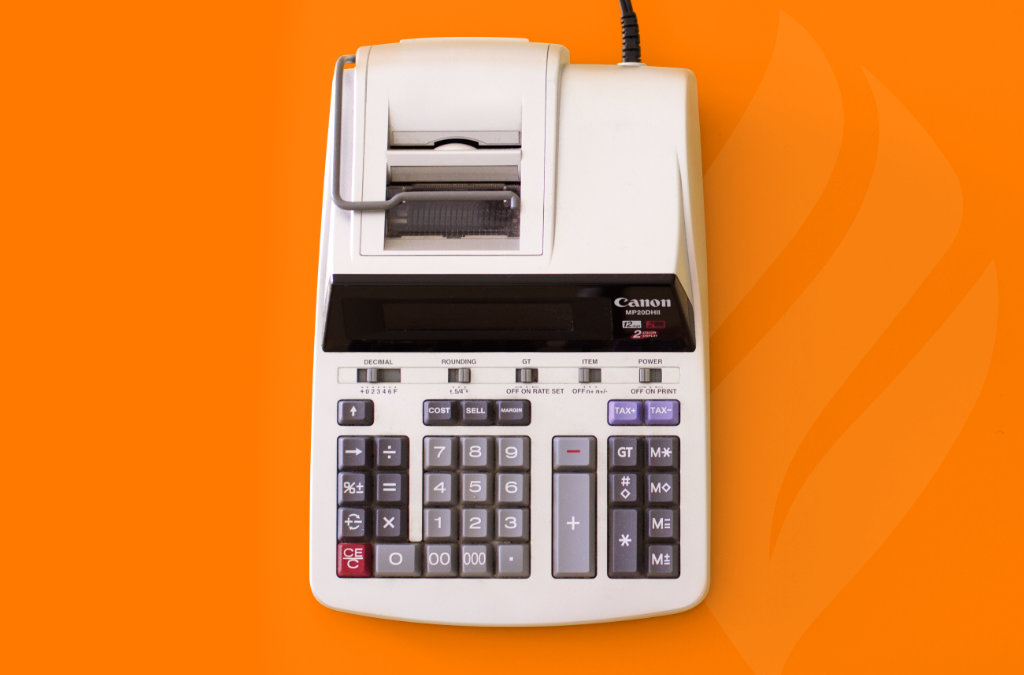The end of the financial year can be stressful for some but with a few tax time tips and a little preparation, you and your business can be ready to breeze through and maximise your savings.
Record keeping
As a business owner you are legally required to keep records for a period of at least five years after they are prepared, obtained or the transactions completed (whichever occurs last). Keeping good records of your transactions and tax invoices will help you to monitor the financial performance of your business as well as comply with your tax obligations.
Records must be in English and in a format accessible to the Australian Tax Office (ATO). You can incur penalties if you do not keep the right tax records. Your obligations to keep records continue even after you sell or close your business.
TIP: The ATO has developed a record keeping evaluation tool to assist you to find out what records you need to keep for your business.
Business Income tax records you need to keep include:
- Income and sales – sales invoices, receipts, cash register tapes and cash sales.
- Purchase and expense – tax invoices, cheque book records, and receipts.
- Year-end records – list of debtors and creditors, stocktake sheets and depreciation schedules.
- Bank records – bank statements and loan records.
- Goods and Services (GST) – tax invoices from suppliers.
TIP: We recommend reviewing the information on how to set out tax invoices from the Australian Tax Office (ATO).
Staff or employee records you need to keep include:
- Tax file number (TFN) and withholding declarations.
- Records of wages, allowances and other payments.
- Superannuation records.
- Fringe benefit tax (FBT) details.
CPA Australia suggest that tax time is an opportunity to obtain essential business advice from your professional advisor, especially if you’ve been disrupted by the impacts of COVID-19. Your CPA Australia-registered tax agent can help you explore options to innovate, pivot, restructure or even exit your business. CPA Australia produces a wide range of resources to help your business, including recovery roadmap, business recovery guide and financial information factsheet to help you prepare for discussions with your advisor.
Small businesses need to ensure their bookkeeping and lodgments are correct and up to date. You should obtain professional tax advice, especially in areas where more complex tax issues arise. This includes refinanced debt, losses, restructures, capital gains tax, personal services income, trust declarations and distributions, and private company loans.
Bad debts
Businesses should review outstanding debts to assess their likely recoverability with a view to identifying genuine bad debts which could be written off for tax purposes. This includes ensuring that there is little to no prospect of recovery and that the debt is written off prior to year-end.
Instant asset write-off
To assist in maximising your depreciation deductions, from 12 March 2020 until 30 June 2021 the instant asset write-off:
- Threshold amount for each asset is $150,000 (up from $30,000).
- Eligibility has been expanded to cover businesses with an aggregated turnover of less than $500 million (up from $50 million).
- The government has also announced an extension of these increased thresholds until 31 December 2020.
Record-keeping tips
- Record cash income and expenses.
- Account for personal drawings.
- Record goods for your own use.
- Separate private expenses from business expenses.
- Keep valid tax invoices for creditable acquisitions when registered for GST.
- Keep adequate stock records.
- Keep adequate records to substantiate motor vehicle claims.
Maintaining consistent record keeping throughout the year will help to keep tax time as stress free as possible.



